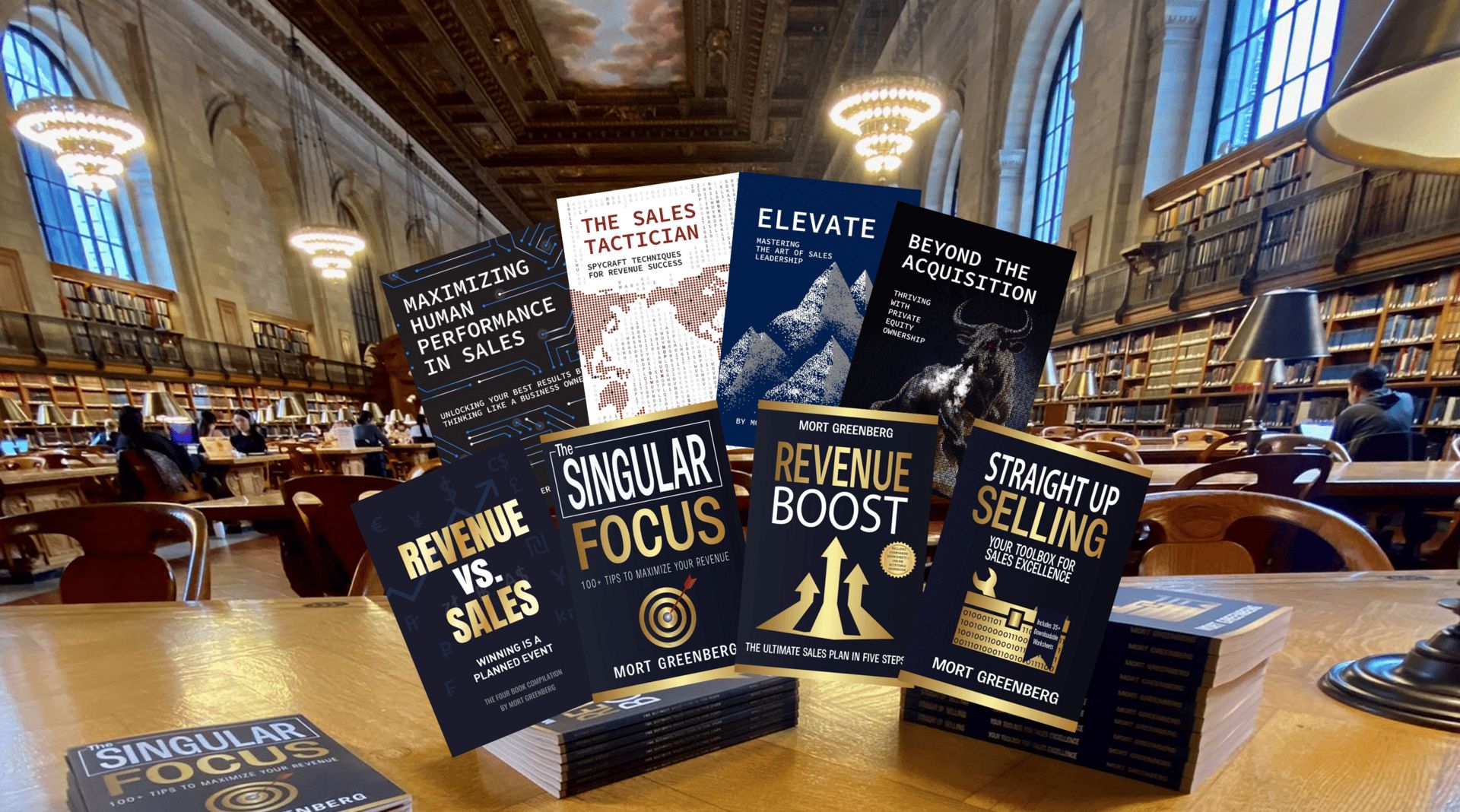
Hi,
Sales coaching isn’t about delivering pep talks or micromanaging deals, it’s about unlocking performance in ways that last.
When done right, coaching creates sellers who think strategically, execute consistently, and adapt to changing market conditions.
Without coaching, teams plateau, burnout rises, and organizations miss out on growth they could have captured.
This workshop equips leaders with frameworks, real-world tools, and best practices to coach sellers effectively, ensuring better results for individuals and the business as a whole.
Why does this matter? Because the best sellers are rarely “born”, they’re developed. Coaching bridges the gap between raw talent and repeatable success.
Coaching is the lever that turns average sellers into top performers, and top performers into leaders. In an environment where competitors are always innovating, great coaching keeps your team sharp, engaged, and ahead of the curve.

Turn to Best View Tables Below
ACTIONS YOU GAIN FROM THIS WORKSHOP
Run structured, high-impact coaching sessions every week.
Diagnose seller needs with a clear, repeatable framework.
Measure coaching ROI through performance and skill growth.
DO’S & DON’TS
WHAT TO DO | WHAT NOT TO DO |
Do create structured coaching rhythms (weekly/bi-weekly). | Don’t confuse coaching with performance reviews. |
Do focus on both skill development and deal strategy. | Don’t use coaching time to simply check the pipeline. |
Do personalize coaching for each seller’s style and goals. | Don’t try to “c l o n e” yourself, let sellers grow their own strengths. |
Do measure impact through performance and engagement. | Don’t overcomplicate it, simple frameworks are more effective. |
KEYS TO SUCCESS
Consistency – Make coaching a habit, not a one-off.
Empathy + Data – Balance human understanding with hard numbers.
Future-Focus – Coaching should prepare sellers for tomorrow, not just critique yesterday.
THREE WORKSHOP STEPS
STEP 1: DIAGNOSE SELLER NEEDS
Action: Assess each seller’s strengths, gaps, and motivations.
Execution: Use a simple skills vs. willpower matrix.
Tip: Don’t assume performance = potential.
Seller | Strengths | Gaps | Motivation Level | Coaching Focus |
Alex | Prospecting, Energy | Closing deals | High | Objection handling |
Jordan | Relationship building | Pipeline hygiene | Medium | Discipline & tracking |
Casey | Analytical | Confidence in pitching | High | Storytelling & presentation |
STEP 2: STRUCTURE THE COACHING CONVERSATION
Action: Use a repeatable framework: Ask > Listen > Guide > Commit.
Execution: Role-play with sellers on current deals or skills.
Tip: Spend 70% of the session listening.
Example Framework:
Ask: “What’s the biggest barrier in your deals right now?”
Listen: Capture themes, don’t interrupt.
Guide: Offer frameworks (e.g., Challenger questioning).
Commit: Agree on 1–2 actions by next session.
STEP 3: REINFORCE AND MEASURE
Action: Track coaching commitments in a shared system (CRM notes or coaching log).
Execution: Review progress in each session, celebrate wins and recalibrate misses.
Tip: Link coaching outcomes to business metrics (pipeline velocity, close rates).
Real-World Example:
At a SaaS company, managers began logging every coaching action plan in Salesforce. Within two quarters, SDR productivity rose 18% because reps were accountable to goals that were clear, documented, and tracked.
THREE UNIQUE FOCUS AREAS
Coach the Person, Not Just the Numbers
Tip: Get curious about what drives each seller.
Example: A rep missing quota improved dramatically when the manager reframed coaching around confidence in client conversations rather than raw dials.
Make Coaching Collaborative
Tip: Co-create action steps instead of dictating them.
Example: In one manufacturing firm, reps committed to peer-led practice sessions that grew out of coaching conversations.
Celebrate Growth, Not Just Wins
Tip: Recognize progress in skills, not only closed deals.
Example: A financial services company tied bonuses partly to skill improvement, rewarding reps who grew in presentation ability even if the quarter was tough.
RECOMMENDED READING
Coaching Salespeople into Sales Champions: A Tactical Playbook for Managers and Executives > Keith Rosen, 2008, Wiley
Sales Management. Simplified.: The Straight Truth About Getting Exceptional Results from Your Sales Team > Mike Weinberg, 2015, AMACOM
People Drive Revenue: Talent Systems That Deliver Results (Book #4 in Revenue Vs. Sales Compilation) > Mort Greenberg, 2025, digitalCORE Publishing
==
The Revenue Workshop isn’t theory. It’s a field-tested system used by real leaders, in real markets, under real pressure.
Each newsletter is based on one of over 300 workshops and worksheets found in the eight books of the RevenueVsSales.com and TheFocusedSeller.com book series.
We’d love your help growing the list. Please share with one person you think would benefit from the newsletter and ask them to sign up. Thank you!
To suggest workshops you’d like to read next, email [email protected]
Thank you for your time!


